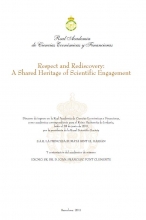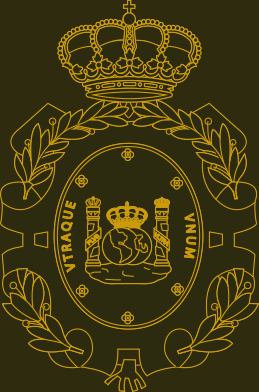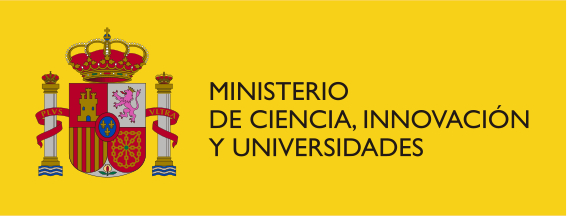
Abstract:
RACEF has shown Spain and the wider world what can be achieved when science, culture and commerce are brought together with a common purpose. Having survived, absorbed and adapted through centuries of political and social change, RACEF inspires Jordanians with its spirit and ambition.
Jordanians and the Spanish people share an eventful Mediterranean history. Their ancestors have fought, loved, built and destroyed, and often misunderstood each other. They are neighbours with a long and sometimes troubled history, yet they have jointly and separately enriched the scientific heritage that defines the modern world.
The Arabic – Christian, Jewish and Muslim – legacy in Spain is immense. In this shared heritage, individuals such as Averroës and the Arabic-speaking Jewish scholar Maimonides, helped to define the values and standards that keep today’s globalising world on a track of humanitarian coexistence. But past glories should not be seen as symbols of present-day entitlements. History should be mapped through friendships and relationships forged by learned individuals in the most adverse of circumstances.
The Arabic heritage of respect for learning stretched back to the 8th Century and the great works of Aristotle, Euclid, Plato, Ptolemy, Avicenna and al-Khwarizmi, among many others, all survived through the patronage and dedication of Arabic rulers and Arab-speaking scholars. Celebrating the achievements of our ancestors in saving and building on knowledge is an affirmation that we all owe our fellow human beings the benefit of learning and science, and the improvements they can bring to people’s lives.
There is no triumphalism in recognising the past achievements of Arabs and Arabic speakers in the sciences. Rather, there is sadness that their contributions are often forgotten. This reinforces a determination that their descendants should recognise this legacy and that they should strive to live up to it and build upon it.








